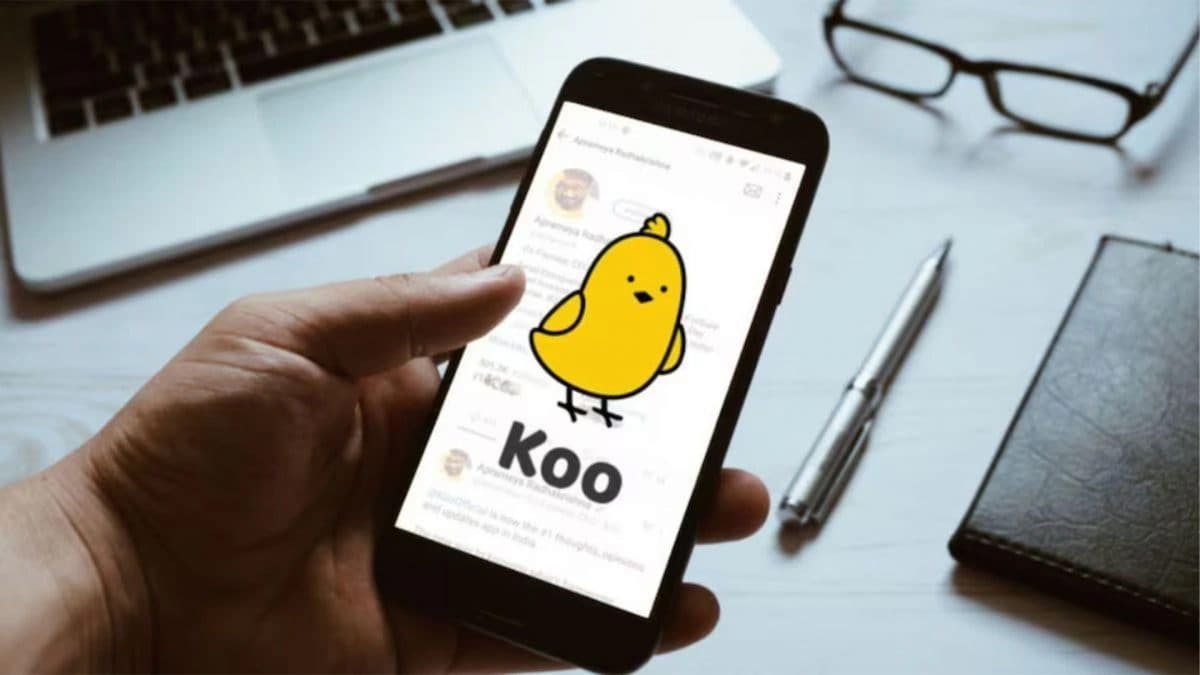
KOO'S SWANSONG: INDIA’S HOMEGROWN SOCIAL MEDIA PLATFORM SHUTS DOWN AFTER FAILING TO RAISE FUNDS
Koo, the Indian social media platform that sought to compete with Elon Musk’s X, is shutting down its operations after discussions of a potential acquisition with Dailyhunt failed.
Despite receiving over $60 million in funding from notable investors such as Tiger Global and Accel, Koo encountered significant challenges in growing its user base and generating revenue over the past two years.
A failed attempt to raise funds
Koo aimed to attract users in India by providing a platform similar to X, where they could express themselves in multiple local languages. The platform gained initial traction during a period of tension between Twitter and the Indian government.
Koo's meteoric rise
The Indian government denied these allegations, with a top minister at the time accusing Dorsey of trying to downplay a controversial period in Twitter’s history.
Taking advantage of the situation, Koo presented itself as a compliant alternative, promising to follow local regulations. This strategy attracted many high-profile Indian politicians to the platform, although almost none from the opposition party. Koo also expanded its app to Brazil in an attempt to grow its user base internationally.
Why is Koo shutting down?
However, the extended funding drought, which has pressured startups globally to focus on revenue growth and financial stability, proved too challenging for Koo. The founders admitted that the tough economic climate had overwhelmed them.
Indian entrepreneurs and investors have long sought to develop local alternatives to popular platforms like Facebook, Instagram, WhatsApp, Twitter, and YouTube. However, the struggles faced by Koo underscore the difficulty of competing with established American companies that have proven more adept at serving even the most diverse segments of the Indian market.
2024-07-03T08:26:33Z dg43tfdfdgfd